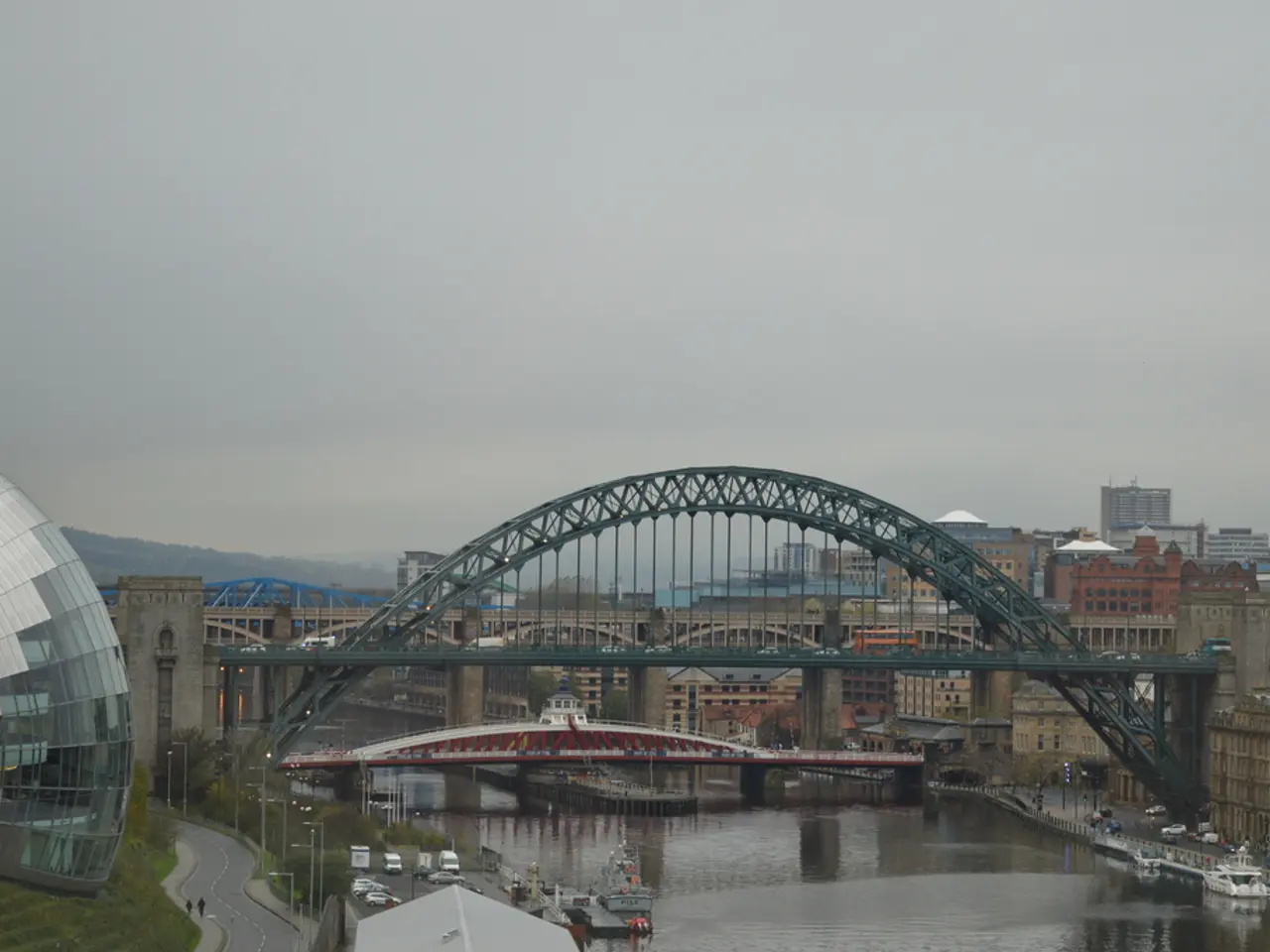Protesting for Dhaka's remaining parks: A gathering without trees, birds, or shade
In the heart of Dhaka, Bangladesh, a group of dedicated activists have been camping out for 137 days straight, fighting to preserve one of the city's last remaining green spaces - Panthakunja Park. Known as "the pedestrians' oasis", this park has been a sanctuary for various urban wildlife, including kites, insects, frogs, dogs, and more.
The construction of large-scale development projects, such as the metro rail and elevated expressway, has led to the felling of thousands of trees in recent years, affecting many green spaces in Dhaka. Panthakunja Park is not immune to this trend, with hundreds of trees already felled, and more under threat due to plans for an elevated expressway.
The destruction of the park included the scattering of bird nests and eggs on the ground, a move that has sparked outrage among the activists. Amirul Rajiv, an art historian and lead coordinator of the Bangladesh Tree Protection Movement, stated that the protest started due to the felling of trees and the destruction of bird habitats in Panthakunja Park.
The loss of green spaces in Dhaka is a significant concern due to the growing heat, erratic rainfall, and frequent disasters in climate-vulnerable Bangladesh. Green spaces in Dhaka have shrunk from 17% in 1989 to 2% in 2020, a stark reminder of the rapid urbanisation and construction that the city has experienced.
Activists have faced various weather conditions, including heat, rain, and cold, during the sit-in. Despite this, they have remained resilient, organising cultural programs to gain support for their cause. The local people, including rickshaw pullers and women street vendors, have expressed their support for the sit-in.
Officials from Bangladesh's interim government have visited the sit-in but have yet to provide clarity on the park's future. The official currently involved in the protection of Panthakunja Park is the local government authority responsible for urban planning and environmental protection. Since the meeting with the Bangladesh Tree Protection Movement, no final decision has been made regarding the park's status.
The Chinese investors behind the expressway's construction plan to rebuild the park after finishing their project, but activists fear the harm to trees and wildlife would be irreparable. The activists emphasise the importance of preserving greenery and human/non-human life in urban planning and projects.
The sit-in to save Dhaka's Panthakunja Park is a testament to the power of community action and the fight for a greener, more sustainable city. As the days pass, the activists remain hopeful that their efforts will lead to a positive outcome for the park and its inhabitants.
Read also:
- Nightly sweat episodes linked to GERD: Crucial insights explained
- Antitussives: List of Examples, Functions, Adverse Reactions, and Additional Details
- Asthma Diagnosis: Exploring FeNO Tests and Related Treatments
- Unfortunate Financial Disarray for a Family from California After an Expensive Emergency Room Visit with Their Burned Infant








